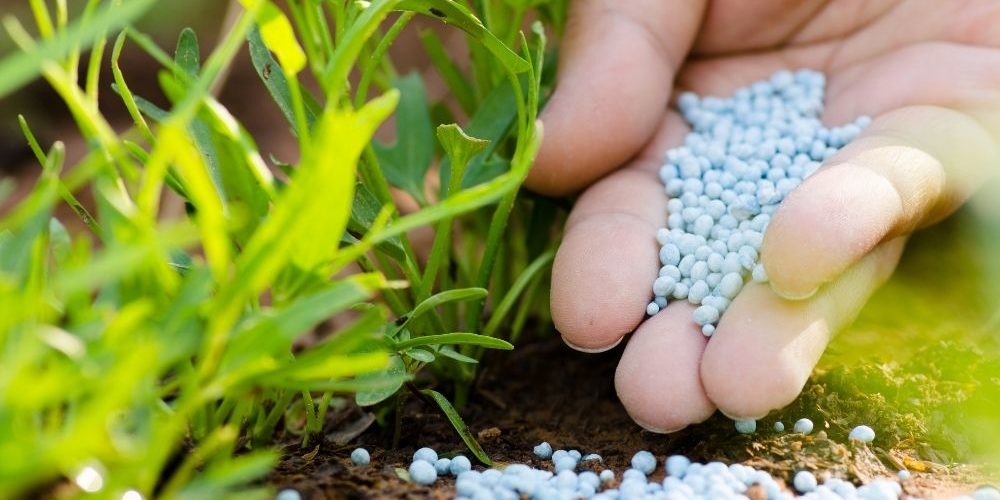Formaldehyde, at room temperature, is a colorless, flammable gas with a very strong odor. Combustion and similar natural processes create formaldehyde as a byproduct, explaining its presence in emissions from un-vented, fuel-burning appliances like gas stoves. However, cigarette smoke remains the most common source you’ve probably encountered.
While this may not make formaldehyde sound appealing, many industries rely on formaldehyde as a preservative or disinfectant. Formaldehyde plays an especially important role within the agricultural industry, offering solutions that promote animal health, crop yield, and overall farm efficiency. There are many formaldehyde uses in agriculture, explored below, which extend into key sectors including disinfection, fertilizer enhancement, and pest management.
Disinfectants
Poultry farmers utilize formaldehyde as an effective industrial disinfectant. In fact, one of the key formaldehyde uses in agriculture involves thoroughly sanitizing and disinfecting brooder houses, hatcheries, and hatchery vehicles. Formaldehyde powerfully eliminates bacteria and mold, ensuring poultry stays safe from disease.
Formaldehyde dissolved in water becomes formalin. Among the various formalin uses in agriculture, farmers use this solution to create footbaths that keep cow herds hygienic. Doing so reduces the risk of common hoof diseases that commonly affect dairy cows.
Another common formalin use is in sanitizing livestock equipment to maintain animal health. Additionally, many farmers choose formalin for soil sterilization, which helps establish a clean foundation for planting by eliminating harmful pathogens before sowing seeds.
These broad applications demonstrate how formalin and formaldehyde uses in agriculture contribute to biosecurity and uphold high standards of animal care. Further, regular use of formalin-based disinfectants in livestock and poultry supports farms’ economic stability by reducing disease-related losses.
Fertilizer
Formaldehyde manufacturers give farmers the tools needed to improve the overall quality of their soil. Farmers who use fertilizer containing formaldehyde benefit from a slow release of nitrogen over time, which plants need for steady growth.
This process supports faster germination and greater crop yields. Many also count on formaldehyde concentrates in fertilizer to protect plants and help control afflictions such as potato disease.
Incorporating formaldehyde into soil management plans boosts productivity and helps maintain soil health season after season. Additionally, targeted formalin use can protect seedlings from soil-borne diseases during early stages of development, ultimately improving stand establishment and harvest quality. Such strategic use of formaldehyde in soil management and crop production enables farmers to maximize efficiency and sustainability in agriculture.
Pesticides
In addition to being an effective disinfectant, some formaldehyde uses in agriculture include incorporating it into pesticides to eliminate plagues of insects that would otherwise destroy crops.
Furthermore, formaldehyde pesticides are effective at eradicating invasive fungi trying to take hold on your farm. What makes formaldehyde a truly useful fungicide, however, is that it is capable of effectively eliminating fungi spores so they don’t have a chance to spread and regrow. This quality makes formaldehyde indispensable in integrated pest management strategies and underscores why formaldehyde and formalin uses remain essential for crop protection and food security.



